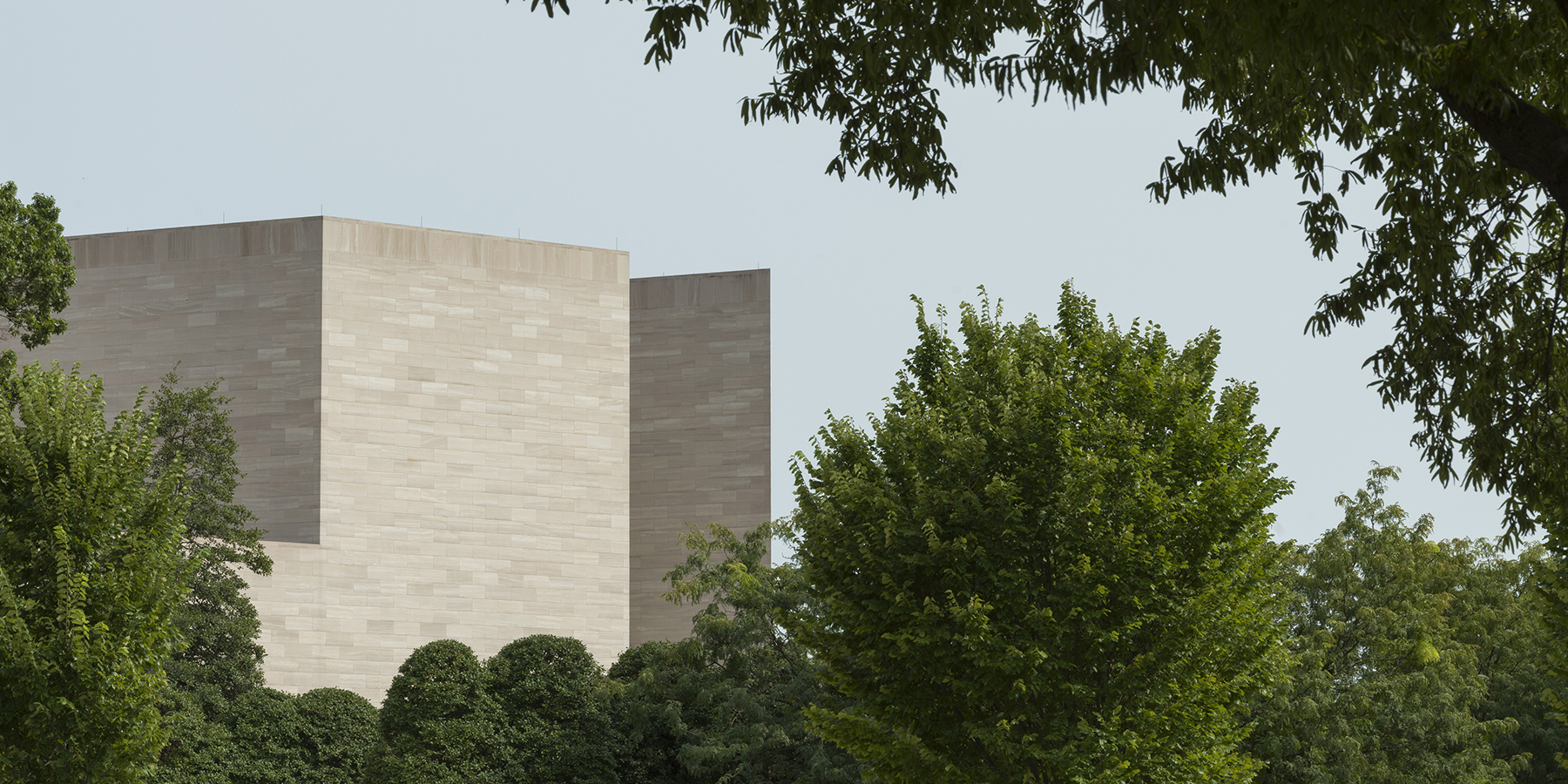I arrived at the Center with a working draft of my book manuscript, “Love Lies Here: Grief, a Quilt, and the Community of Gee’s Bend, Alabama” (under contract with the University of Washington Press), as well as comments from two anonymous readers. While in residence, I fully revised the manuscript based on my direct study of the quilt and the constructive feedback of my reviewers and my Center colleagues. Inspired and energized by my productive time in residence, upon my return home I spent two more months preparing the manuscript and gathering supporting materials. In March 2022, I submitted the entire manuscript, thoroughly revised and significantly strengthened, to the University of Washington Press. I am deeply grateful for my time in Washington, DC. Firsthand study, uninterrupted time for research and writing, and rich and rewarding discussions and exchanges at the National Gallery enabled me to bring a long-loved book project to completion.
Vassar College
Ailsa Mellon Bruce Visiting Senior Fellow, fall 2021
After her residency at the Center, Lisa Gail Collins held the Peter P. and Margaret A. D’Angelo Chair in the Humanities at St. John’s University in Queens, New York, for spring 2022. In 2022–2023, she will return to Vassar College, where she is Professor of Art on the Sarah Gibson Blanding Chair, and she will begin a term as director of the American Studies Program.


